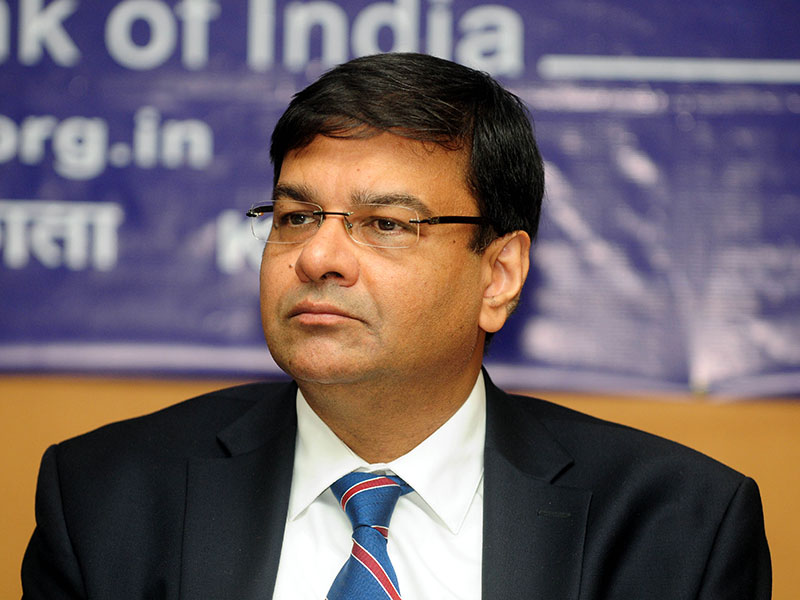On November 8, 2016, Prime Minister Narendra Modi announced the demonetization of Rs 500 and Rs 1,000 notes in a surprise move that shook the nation. It was a day suffused with palpable tension and anxiety.
The decision was aimed at curbing black money and counterfeit currency, but it also triggered a massive cash crunch and liquidity crisis in the economy.
In a high-level meeting on the same day, Modi confronted the then RBI governor Urjit Patel, who was in charge of managing the monetary policy and the banking system. Modi was unhappy with the way Patel was handling the situation, and accused him of being too conservative and not releasing enough money into the system.
“Urjitbhai, aap toh saap ki tarah paisa jama karke baith gaye ho. Aapko paisa chhodna padega. (Urjitbhai, you have become like a snake who is hoarding money. You have to release the money”). This is what PM Modi said to Patel, according to Subhash Chandra Garg, who was then the economic affairs secretary and was present in the meeting.
This startling revelation is made by Garg in his book ‘Of Counsel: The Challenges of the Modi-Jaitley Economy’, which was released back in December 5, 2018. The book also sheds light on many aspects of the Modi government’s economic policies and decisions, such as GST, fiscal deficit, NPAs, FRDI bill, and RBI-government relations.
Garg writes that Patel was taken aback by Modi’s remark and tried to explain the RBI’s stance. He writes that Patel argued that releasing too much money would fuel inflation and undermine the credibility of the central bank. He further writes that he sided with Patel and tried to convince Prime Minister Modi that the RBI was doing its best to manage the situation.
Garg also suggested some measures to ease the liquidity crunch, such as allowing banks to borrow from the RBI’s marginal standing facility (MSF) at a lower rate and increasing the limit of market stabilization scheme (MSS) bonds.
He writes that Prime Minister Modi listened to him patiently and agreed to some of his suggestions.
In his book, Garg expresses his admiration for Patel’s unwavering courage and integrity in his dealings with Modi. He observes that Patel remained steadfast in his principles, refusing to yield to any political pressures.
Garg also notes that Patel’s resignation in December 2018, officially citing personal reasons, was because of his differences with the government over various issues, such as interest rates, monetary policy framework, and RBI’s autonomy.
Garg himself resigned from his post in October 2019, because of his abrupt transfer from the finance ministry to the power ministry. He recounts his discontent with the move, attributing it to a perceived lack of respect and acknowledgment for his contributions.
He fondly remembers his cordial association with the former finance minister, Arun Jaitley, who treated him with esteem and entrusted him with considerable autonomy. Jaitley, he notes, possessed the qualities of a keen listener and adept consensus builder.
Furthermore, Garg reminisces about his amicable rapport with Prime Minister Modi, highlighting the Prime Minister’s appreciation of his work and the positive feedback he received.
In contrast, Garg’s relationship with his successor, Nirmala Sitharaman, who assumed the role of finance minister in May 2019, was less harmonious. He writes that she did not give him due recognition and respect for his work, and did not consult him on important matters.
He writes that she also interfered in his domain and undermined his authority. He mentions that he felt humiliated when she transferred him from the finance ministry to the power ministry in July 2019, without giving him any reason or explanation.
It was Subash Chandra Garg who suggested the idea of demonetisation to PM Modi in June 2016, as a way to curb black money and counterfeit currency.









